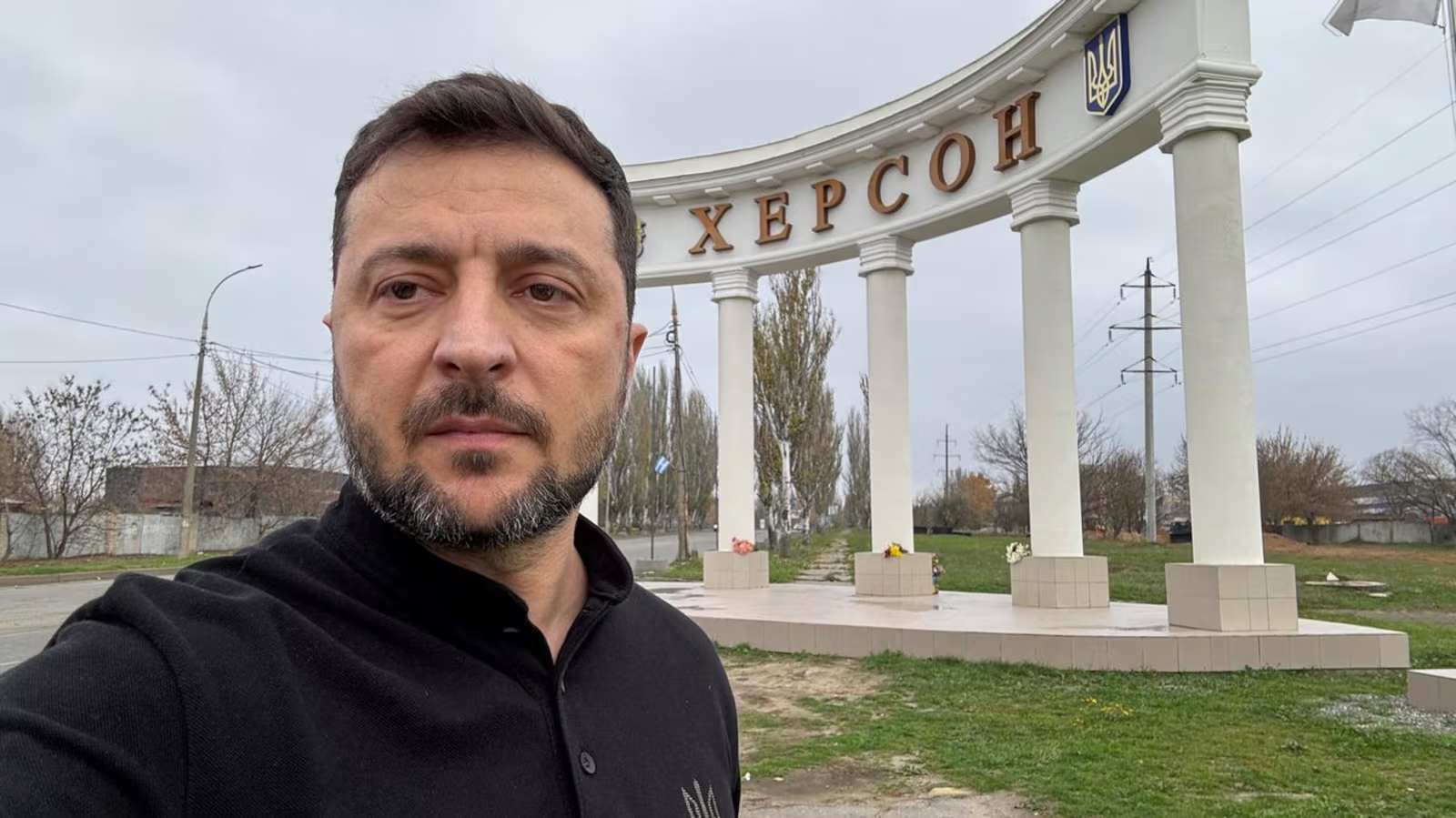Corruption Shockwave: Top Ukrainian Ministers Resign as $100M Kickback Scandal Erupts
Ukraine is facing one of its most serious political crises since Russia launched its full-scale invasion, as two of its top ministers resigned amid a sweeping corruption investigation involving the state nuclear energy sector. The resignations of Justice Minister Herman Halushchenko and Energy Minister Svitlana Grynchuk came after President Volodymyr Zelenskyy urged their dismissal in response to growing public outrage.
The scandal erupted just as renewed Russian attacks on Ukraine’s power infrastructure have caused rolling blackouts ahead of winter. Anti-corruption watchdogs revealed the results of a 15-month probe into Energoatom, the state-owned nuclear company, uncovering an elaborate embezzlement and kickback network allegedly worth about US$100 million. Investigators had compiled more than 1,000 hours of wiretaps and conducted over 70 raids, detaining five people and implicating at least a dozen others—including senior advisers and businessmen tied to Ukraine’s political elite.
The National Anti-Corruption Bureau (NABU) dubbed the scheme “Midas,” alleging that insiders at Energoatom demanded 10–15% kickbacks from contractors seeking to operate without bureaucratic obstruction. The scheme also exploited wartime regulations that prevent essential-service companies from being sued by contractors, enabling the actors to squeeze payments with little legal risk. NABU also accused several individuals of bribery, money laundering and possessing wealth disproportionate to their official incomes.
Transcripts released by investigators—though not independently verified—featured coded conversations about blackmail, obstructing tenders, and siphoning millions through Kyiv offices. One tape referenced a former deputy prime minister nicknamed “Che Guevara,” alleged to have received about US$1.2 million.
Pressure mounted quickly in Kyiv, where lawmakers warned the scandal could erode public unity and jeopardize trust with Western allies. “It looks really bad in the eyes of our European and American partners,” said Oleksandr Merezhko, a member of Zelenskyy’s party. “While Russians destroy our power grid and people face blackouts, someone at the top was stealing during wartime.”
The controversy is particularly sensitive because it touches Zelenskyy’s inner circle. One figure, businessman Timur Mindich—known as “Karlsson” on the tapes—co-founded Zelenskyy’s production company Kvartal 95 and has gained influence in sectors ranging from media to drone manufacturing. NABU has examined his ties to Fire Point, a drone company awarded government contracts. Mindich’s associates deny improper influence, and Zelenskyy has distanced himself publicly.
Halushchenko, who previously served as energy minister before becoming justice minister in July, said he was ready to defend himself in court and called his suspension “a civilized and proper course of action.” Neither he nor Grynchuk has been formally charged, but their exits underscore the political gravity of the probe.
Ukraine’s corruption challenges predate the war, but the stakes are higher now. Billions in European assistance are financing energy repairs and defense, and donor nations are watching closely. Germany expressed concern, noting it provides major support to Ukraine’s energy sector. The European Commission’s recent report also warned Kyiv to safeguard anti-corruption reforms.
NABU’s tapes additionally revealed discussions about delays in building protective fortifications around critical energy facilities. Participants allegedly stalled such projects while awaiting more profitable contracts, even as Russia intensified strikes on power infrastructure. An earlier AP investigation found Ukraine had been slow to reinforce vulnerable switchyards near nuclear plants—vital hubs that lawmakers said were left exposed.
Experts say the scandal’s full scale is still unknown, but its wartime timing and its alleged links to senior officials make it particularly damaging. “Millions, tens of millions of dollars were involved,” said political analyst Oleh Saakian. “It may not be Ukraine’s largest corruption case ever, but it reaches into key areas of government during the country’s most difficult moment.”
Despite the political upheaval, some officials and analysts say the swift investigation is evidence that Ukraine’s anti-corruption institutions remain strong—even after attempts last year to weaken them. “The silver lining,” Merezhko said, “is that no one is above the law and no one is immune.”
With Ukraine fighting for survival on the battlefield and in its economy, the government now faces the added pressure of proving to its citizens and Western allies that it can police itself—even in wartime.

